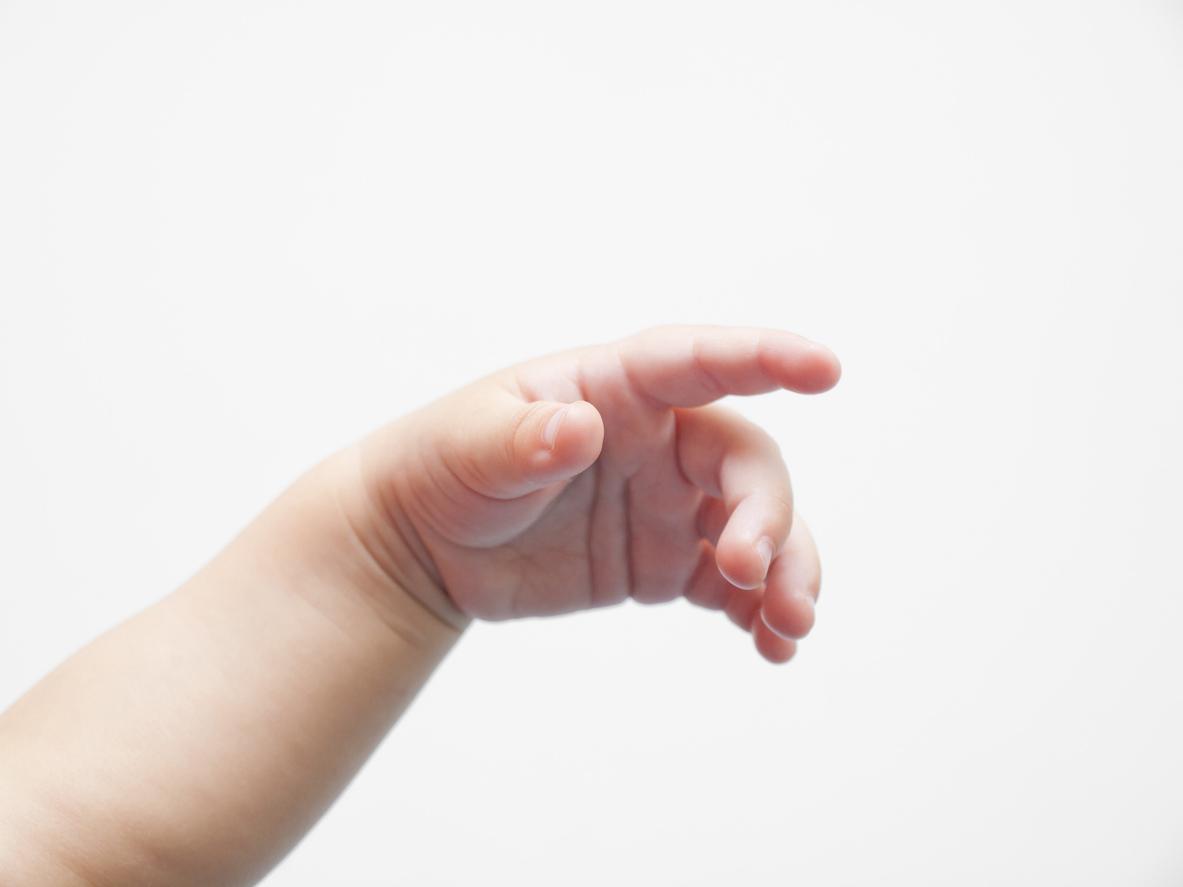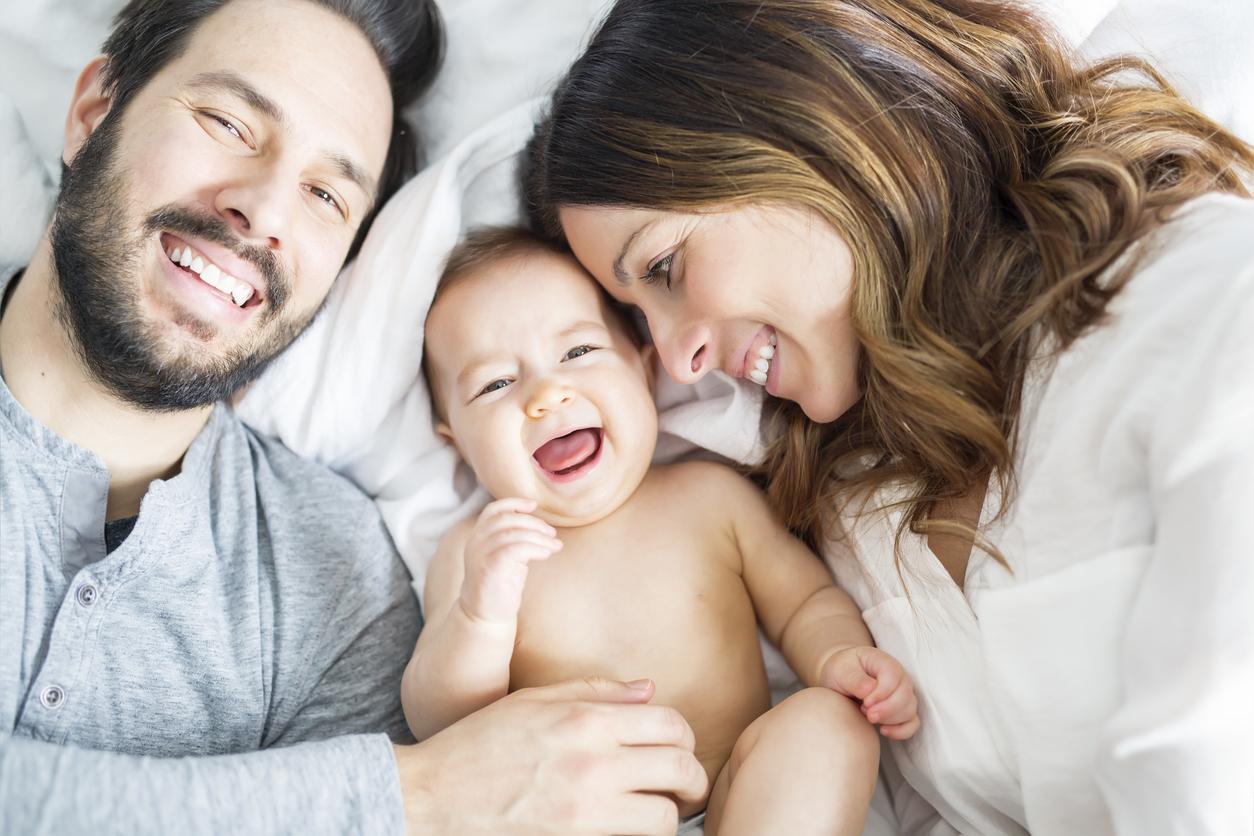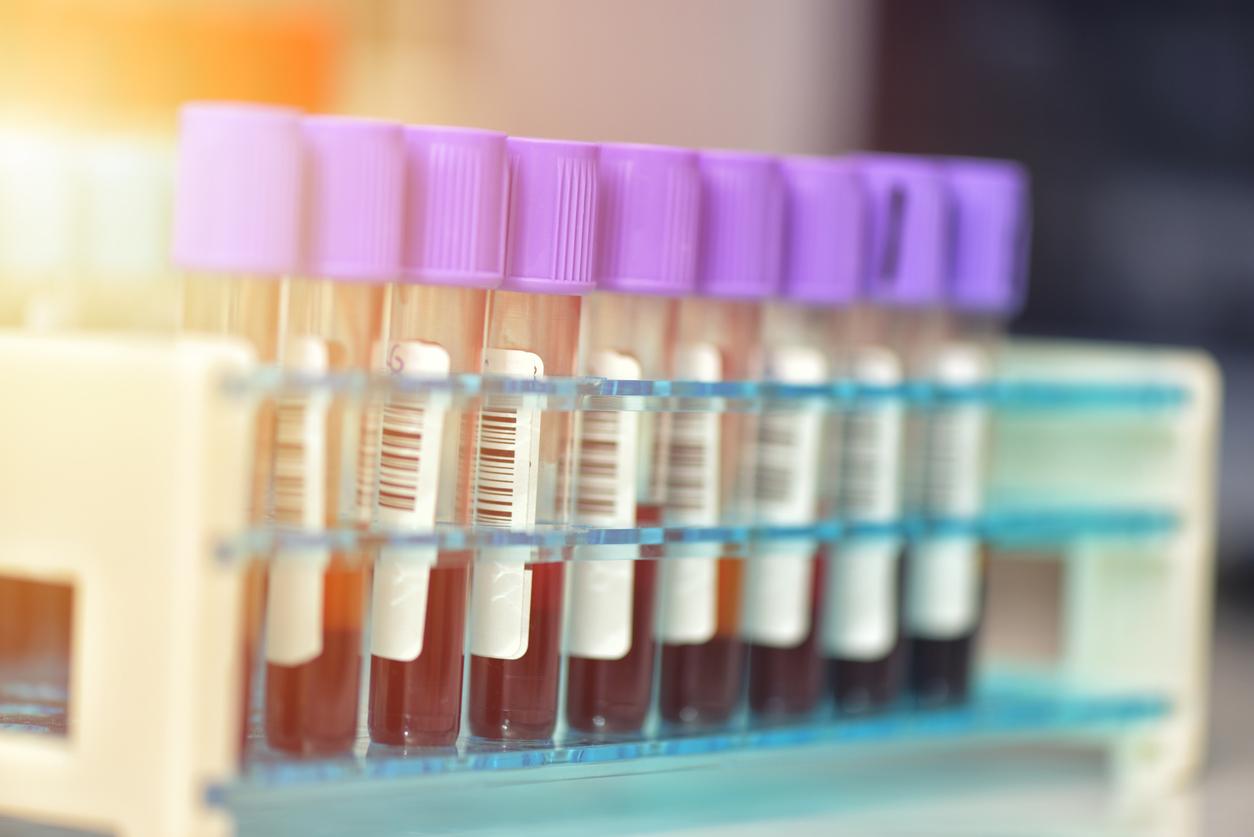A new study by developmental psychologists challenges the idea that infants have an innate moral sense.

- In 2007, a study in moral psychology suggested that infants preferred helping behaviors to harmful behaviors (“hinderers”). But another study, involving 567 babies in 37 laboratories, did not confirm this hypothesis.
- Unlike the original study, infants showed no preference for helping characters. Methodological differences, such as the use of pre-recorded videos, could explain this discrepancy.
- The founder of ManyBabies invites us not to draw hasty conclusions about the existence of innate morality, recalling that this question has not yet been resolved.
Can babies spontaneously prefer helping behavior to harmful behavior? Almost twenty years ago, founding research in moral psychology (that is to say the study of the way in which individuals integrate moral ideals with regard to their own character) affirmed that yes. But new research, relayed by scientist Madeline G. Reinecke in The Conversationtoday calls this result into question, suggesting instead that we are, at birth, a blank slate devoid of any innate moral sense.
Help or harm: the puppet test
In theinitial study in 2007, the researchers presented a puppet show at “a few dozen babies” 6 to 10 months. One of the figurines, representing a character in difficulty, was trying to climb a hill. A second figurine then intervened, either to help him (helperor caregiver), or to bring her back down (hinderor harmful). After the show, the infants had to choose between the two characters, and they did not hesitate: 88% of the 10-month-old babies and 100% of the 6-month-olds chose the caregiver.
This study thus seemed to demonstrate that toddlers had an innate moral preference. Except that developmental psychology faces problems of replicability, exacerbated by often limited samples. It is indeed very difficult to collect data from infants, according to scientists.
In order to validate these results, ManyBabies, an international consortium of developmental psychologists, therefore reproduced the experiment with 567 babies in 37 laboratories spread over five continents. And, unlike the original study, the infants showed no preference for the helping figure, no evidence of any early moral sense.
Several factors could explain this discrepancy. L’ManyBabies study used a pre-recorded video instead of a live performance, a choice that ensures consistency but could reduce babies’ engagement. Furthermore, details such as the orientation of “bulging eyes” characters could sometimes have influenced the results.
Distinguishing good from evil, a question of experience?
This study does not necessarily mean that the idea of innate morality is false. “People might jump to the conclusion that the original study was wrong, but that’s just one possibility.”warns Michael Frank, founder of ManyBabies. It is also plausible that infants do not yet have sufficient experience to distinguish good from evil: as the English philosopher John Locke argued, humans are a “clean slate” and everything we know comes from our experiences in the world.
“There is an urgent need for further research to understand the consequences of this question for developmental psychology”insists Isabelle Deportes. In the meantime, this result calls for caution and shows the importance of large-scale studies to test the founding hypotheses of psychology.
















